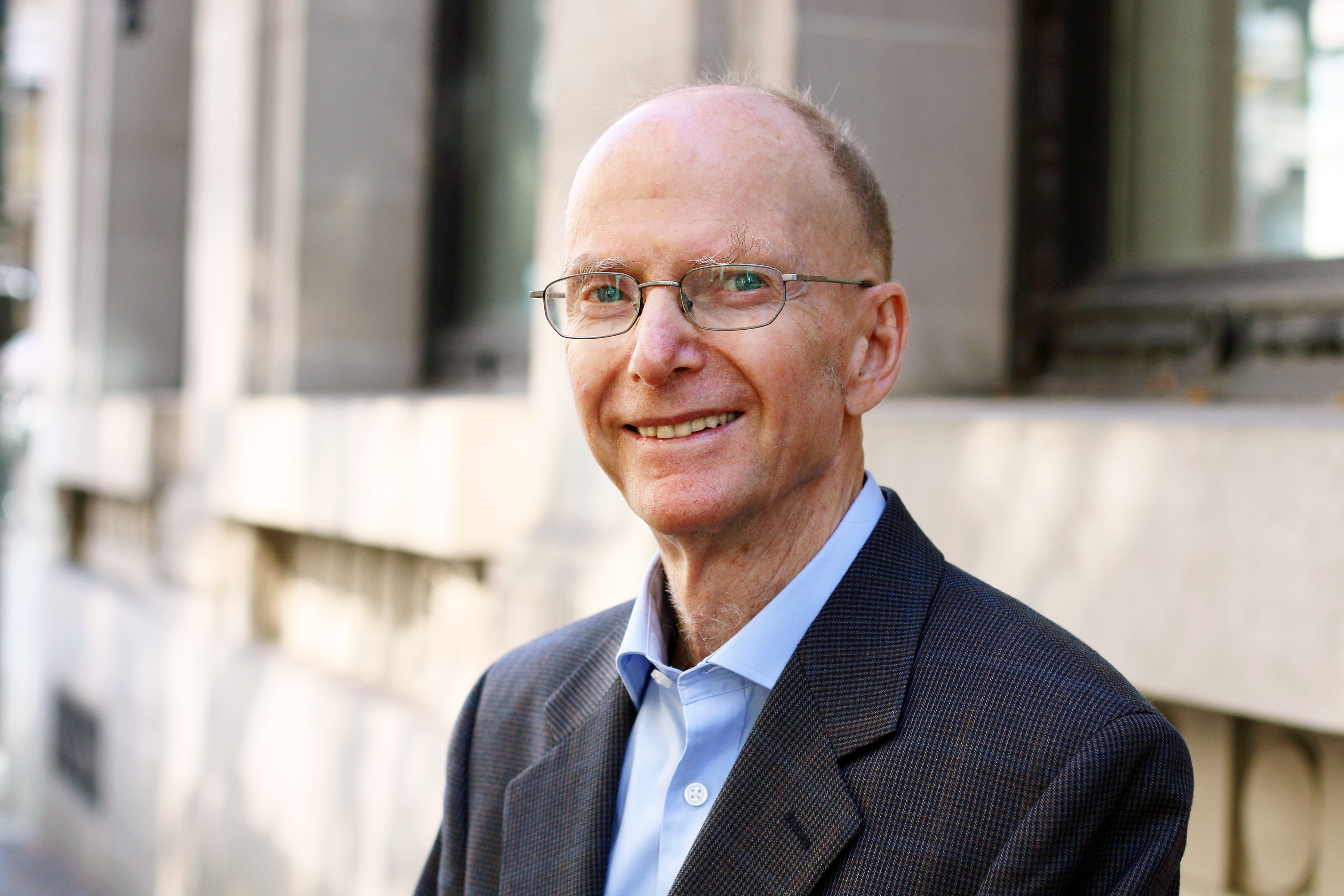Avi Bick: TD Canada Trust Distinguished Teaching Award winner 2016
Sep 20, 2016As a two-time winner of the Beedie School of Business’ highest teaching honour, the TD Canada Trust Distinguished Teaching Award, professor Avi Bick is clearly not content to rest on his laurels.
Here, Bick talks about his journey to becoming an award-winning teacher, what motivates him to continue to strive for perfection in his classes, and how he pioneered the use of the term “derivatives” in finance.
What attracted you to the area of Finance?
I received BSc and MSc degrees in Mathematics from Tel Aviv University. Then I decided to be practical and enrolled in an MBA program at the Hebrew University in Israel, concentrating in Finance. I had no intention of going into academia, but I guess at heart I am an academic. Once I started the program I realized that there was a lot of theory and mathematics involved. I was fascinated by this, which led me to apply to PhD programs in Finance and I ended up at U.C. Berkeley. After completing my degree I taught at New York University and at UBC. I have been at SFU since 1991.
When did you start teaching?
As a graduate student I taught Mathematics undergraduate classes. As a third-year PhD student, I taught my first Finance course in in investments. I was very nervous. English is not my mother tongue, and as a Mathematics nerd I was not confident about my ability to teach business school students. I was worried that they would ask me about real-life investments, as opposed to the portfolio theory that I taught them. Somehow I managed.
At the end of the semester the students had to complete the course evaluation, which included a section on advice for the instructor. One student wrote, “Finish your degree and leave”. Nowadays, when I talk with PhD students who start teaching, I tell them this story. In the beginning you have to practice on someone, but you will eventually get better.
How has your teaching style evolved?
When I started to teach, instructors wrote on the chalkboard. Then there was a switch to slides, and today the class notes are projected from a computer. This fits very well with my personal development as an instructor. In the beginning I was stiff and I needed more structure, but nowadays I barely write. Occasionally I even succeed in being entertaining. To me, teaching a class is like producing a show, where you are the writer, the director, and the performer at the same time.
You teach classes on derivatives securities – can you explain what that is?
I teach courses at the undergraduate and the graduate levels. Options, futures, and swaps are examples of derivative securities. This is probably the most mathematical sub-field of Finance, which explains my attraction to it. You may have heard Warren Buffett’s characterization, “Financial weapons of mass destruction”. On the surface, this is an esoteric topic, and indeed in many business schools this is taught as an advanced elective course.
In the undergraduate program at Beedie we pioneered an approach where a basic course on derivatives is mandatory for the Finance concentration and it is taught at an early stage. This works very well because all fourth year Finance courses include some material related to derivatives. This way, instructors can rely on the knowledge from the derivatives course.
A few years ago, someone published a paper in which he investigated the source of the term “derivatives” in Finance. He did a search of the academic literature and the first occurrence that he found is in the title of a paper, “Comments on the Valuation of Derivative Assets” in the Journal of Financial Economics, in 1982. This is a paper that I wrote as a PhD student. However, it turns out that he was wrong. There are two occurrences before that, both by Berkeley faculty. So I was not the first, but surely I was instrumental in spreading it.
Can you talk more about your teaching methods?
When you look at the syllabus of any of my classes, it looks rather conventional. I teach in a lecture form, and there are assignments, a midterm exam and a final exam. I think what students appreciate is the material itself and how it is managed on the class web site, where the class notes are regarded as work in progress. Typically they are not the same compared to the previous time when the course was taught, and then they can be modified and re-posted, in response to a class discussion or questions in the office hours.
What are you passionate about in teaching?
Any course that I teach is not only about the topic per se, but about a certain way of thinking. It’s like studying Euclidean geometry in high school, and suddenly you understand the whole logical structure. When you see that students get it, it is a rewarding experience. Over the years I have received numerous email messages from ex-students who told me that my course influenced their choice of career or graduate studies. To this day, some of them report to me on their professional path.
You have joined some distinguished names in winning the TD Canada Trust award for a second time. What does winning the award mean to you?
There is no question that when you put a lot of energy into something, it’s very rewarding to know that this is being appreciated. The first time that I won the award, I actually knew that students were putting my name forth as a candidate, but this year I had no idea. It really was a pleasant surprise.
About Ross MacDonald-Allan
Twitter •
